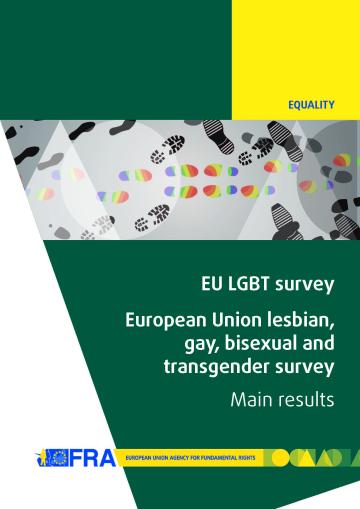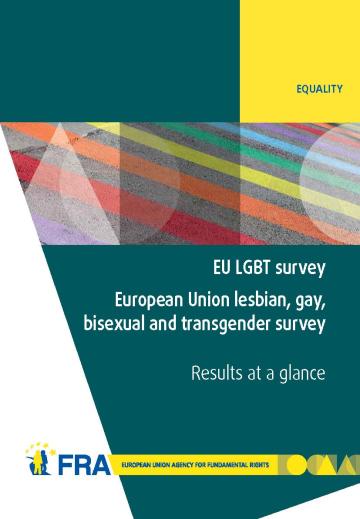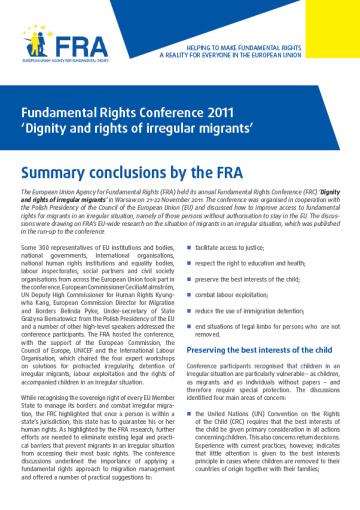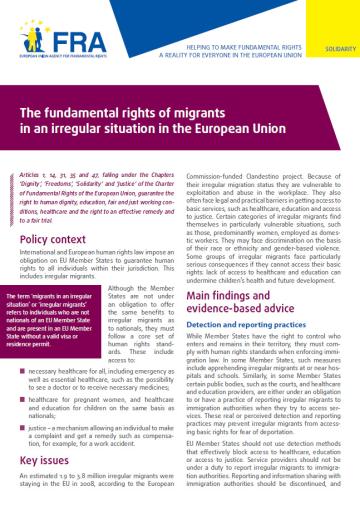1. This Article is based on the common constitutional traditions of Member States and on Article 2 of the Protocol to the ECHR, which reads as follows:
"No person shall be denied the right to education. In the exercise of any functions which it assumes in relation to education and to teaching, the State shall respect the right of parents to ensure such education and teaching in conformity with their own religious and philosophical convictions."
It was considered useful to extend this right to vocational and continuing training (see point 15 of the Community Charter of the Fundamental Social Rights of Workers and Article 10 of the Social Charter) and to add the principle of free compulsory education. As it is worded, the latter principle merely implies that as regards compulsory education, each child has the possibility of attending an establishment which offers free education. It does not require all establishments which provide education, in particular private ones, to be free of charge. Nor does it exclude certain specific forms of education having to be paid for, if the State takes measures to grant financial compensation. Insofar as the Charter applies to the Union, this means that in its training policies the Union must respect free compulsory education, but this does not, of course, create new powers. Regarding the right of parents, it must be interpreted in conjunction with the provisions of Article 24.
2. Freedom to found public or private educational establishments is guaranteed as one of the aspects of freedom to conduct a business but it is limited by respect for democratic principles and is exercised in accordance with the arrangements defined by national legislation.






